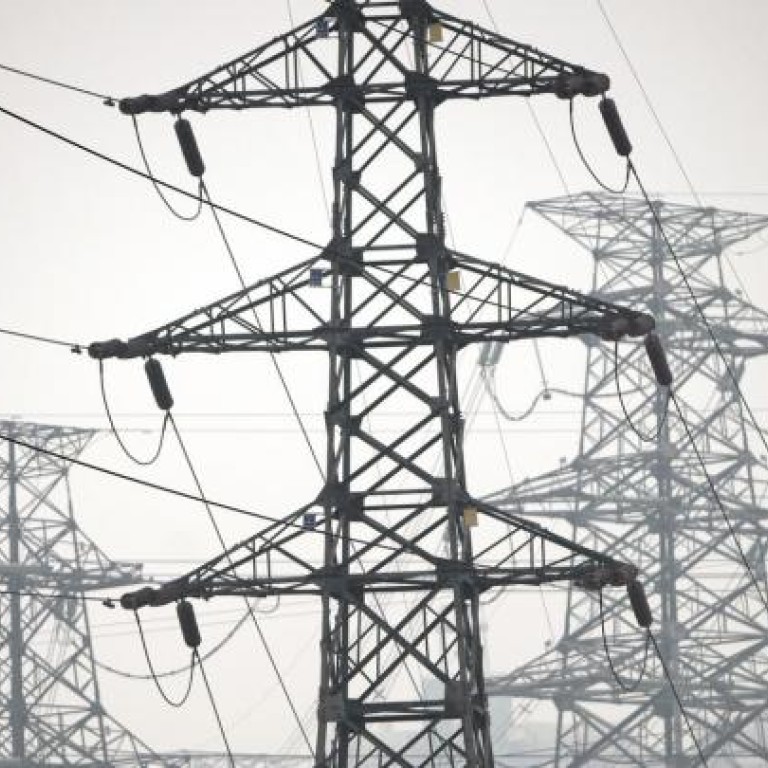
Reform of energy policymaking less radical than expected
Ducking of move for a super-ministry raises doubts over plans for more power price reforms
The State Electricity Regulatory Commission (SERC) will be folded into the National Energy Administration (NEA), the State Council said, as it set aside a proposal for a more dramatic shake-up in the energy sector.

The newly expanded NEA will remain under the National Development and Reform Commission (NDRC), the top industry regulator and policymaker. It will be led by current SERC head Wu Xinxiong.
Current NEA chief Liu Tienan has been targeted for sacking, two people familiar with the restructuring said.
In December, an editor for , Luo Changping, said authorities were looking into irregularities under Liu, whom he accused of lying on his résumé as his family profited from his position. The NEA has denied the accusations.
It had been proposed five years ago to create a new cabinet-level Ministry of Energy to oversee the roughly 10 ministerial and sub-ministerial bodies and state-owned enterprises in the oil, coal and electricity industries.
Speculation about a new "super-ministry" was rife going into the National People's Congress, but aligning the various competing interests proved too difficult for Communist Party leaders. The final proposal leaves a question mark over stalled plans for more market-oriented energy prices, analysts said. The move had been sought to enhance efficiency in the power industry and reduce consumers prices.
Power prices are generally set by the state on a cost-plus-return basis at both the generation and distribution level. The SERC was set up as independent from the price-setting NDRC in 2002, tasked mainly with establishing and monitoring an electricity-trading mechanism between power generators and buyers.
But the effort stalled after a brief experiment with regional power trading. There was concern that consumer tariffs would become too volatile and cause unrest. Some also blamed a reluctance by power distribution monopolies to cede their influence over pricing.

